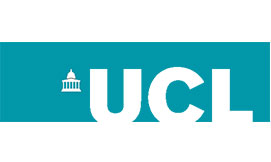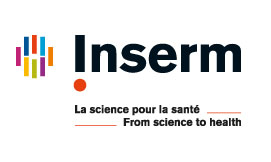Next generation sequencing technologies have accomplished the long-awaited milestone of sequencing a genome at a cost below $1000. This makes it possible that millions of people affected by rare diseases can benefit from a diagnostic genetic test. However, once genome or exome sequence is produced, variant annotation, prioritisation and ultimately interpretation in the clinical and familial context, still remains the most important and costly bottleneck. ESR15 will develop a software that incorporates Artificial Intelligence algorithms at different steps and facilitates data interpretation, so at the end, the procedure is faster, more robust, and reliable. ESR15 will develop different machine learning algorithms to improve the process key steps: 1) automation of clinical history gathering into HPO terms, 2) variant categorisation according to ACMG classification, 3) prioritisation of disease-causing mutations, in the scope of the informed phenotype and variants identified.
Host: qGenomics (qG), Spain
Supervisor: Dr. Lluis Armengol
Envisioned secondments: U-Paris, Amstersdam UMC













